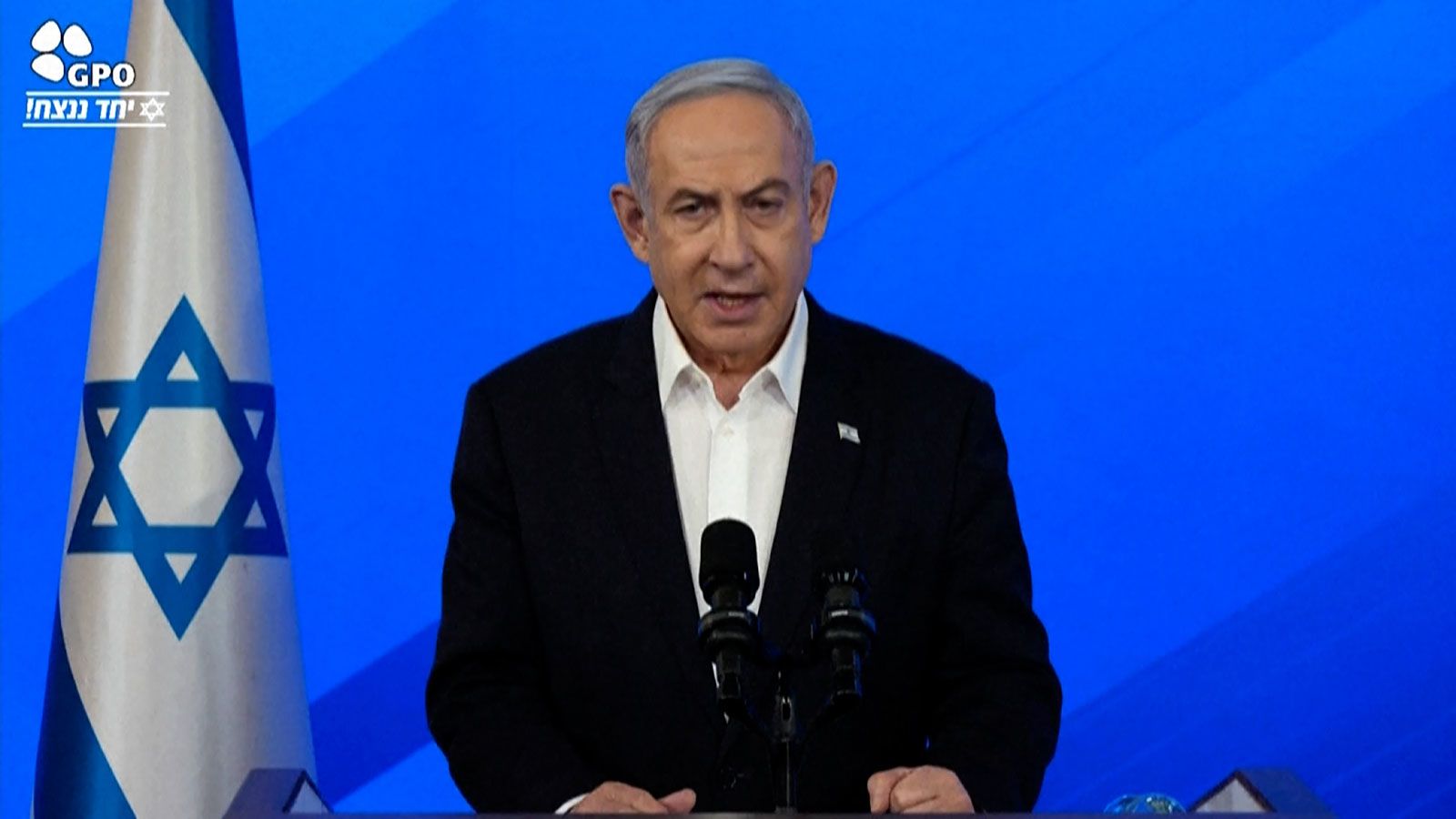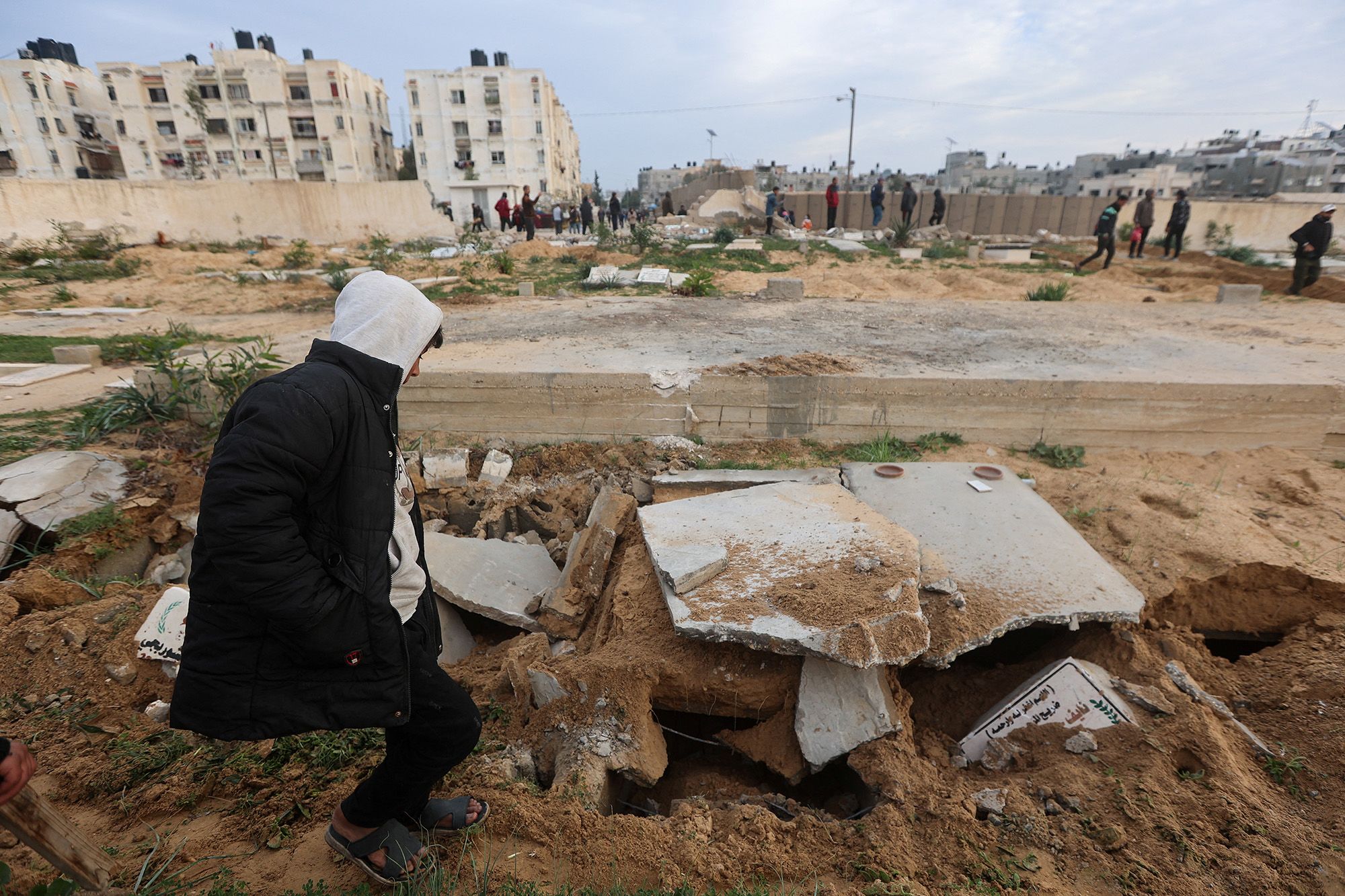Houthi rebels fired missiles at another US-owned commercial ship Thursday, just hours after a new round of US military strikes against the Iran-backed group in Yemen.
The Houthis launched two anti-ship ballistic missiles at M/V Chem Ranger, the US military said, marking the third such attack on a US-owned vessel this week.
"The crew observed the missiles impact the water near the ship. There were no reported injuries or damage to the ship," US Central Command said.
President Joe Biden conceded Thursday that US strikes against the Houthis are not deterring the group's attacks in the Red Sea, which it says will only stop when Israel ends its war in Gaza.
Biden's remarks came after the US military said the fifth US attack on Houthi assets in one week targeted a small number of anti-ship missiles that were being prepared to launch against international shipping lanes.
But Deputy Pentagon Press Secretary Sabrina Singh said the US has “been able to degrade and severely disrupt and destroy a significant number” of Houthi capabilities.
“We never said that the Houthis would immediately stop,” she said. “That is something that they will have to make that decision and that calculation to do.”




